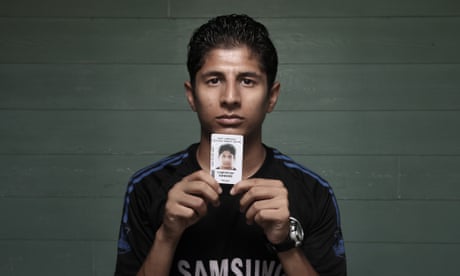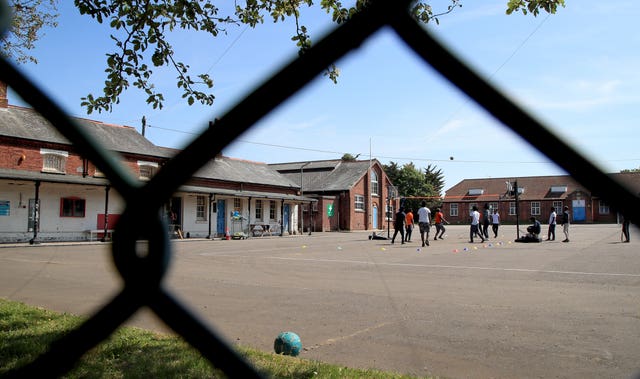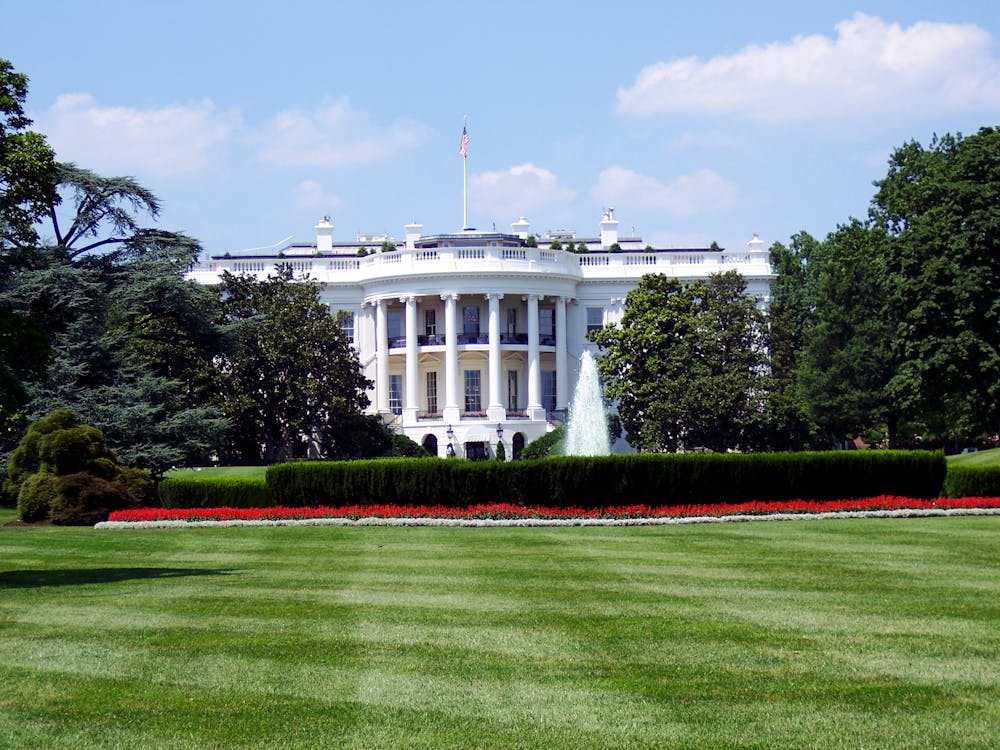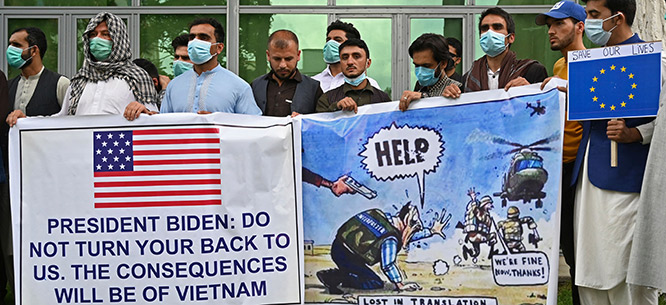This month, FORUM-ASIA talked with Nichapa Chanwisitkul, East Asia and ASEAN Programme Associate at FORUM-ASIA. In the interview, Nichapa shares with us on how she started her work in the human rights sector, her experiences with refugees and migrants, and about always putting people’s interest first in her work.
 How did you become involved with human rights? And how did you become involved with FORUM-ASIA?
How did you become involved with human rights? And how did you become involved with FORUM-ASIA?
After completing my Bachelor of Law from Chulalongkorn University, I had the opportunity to work with the United Nations High Commissioner for Refugees (UNHCR) as a protection intern, supporting refugees in Bangkok. This first experience with human rights, where I helped refugees on the frontlines of Thailand. Although it was more humanitarian work, I also has the opportunity to use a lot of human rights law to help them access their basic rights. This inspired me a lot to work in the human rights and humanitarian field as well, and even continued as a refugee lawyer, where I exercised more human rights and international human rights law and developed arguments for refugees I worked with.
I decided to join FORUM-ASIA because, when I worked as a refugee lawyer, I realised that there was a need for changes in legislation and policy, particularly related to refugees. That was how I got interested in the advocacy and policy work, and it was then that I noticed that FORUM-ASIA uses the UN and ASEAN Human Rights mechanisms as a means of advocacy.
So, when a job opportunity arose, I applied and that is how I got involved with the organisation. Also, I knew people who had already worked with FORUM-ASIA and who showed me the work of the organisation, and this made me more interested. Therefore, I consider working at FORUM-ASIA a great opportunity and I hope to continue contributing to the work of the organisation as well as continuing to learn.
What motivated you to become involved? And has that motivation changed over the years?
When I started my career and even when I applied for the internship at the UNHCR, I did not have a great motivation or life goal to work in the human rights field. But what motivated me to apply for this internship was because, during my studies, I attended some classes that discussed human rights. Those classes made me interested in human rights and I started to think about how I can apply international law to address human rights issues. As international law it focusses more on the principles as well as the problem, it is necessary to find an answer to a problem related to human rights.
However, human rights by themselves may be the main principle for solving other problems, which involve different challenges that are ever-changing.
As human rights challenges or violations are always centred around people, there is no unique way to the solutions, therefore allowing more creativity in the problem-solving process.
This, especially when I started working in this area, made me realise that I really enjoy helping people solve their problems, motivating me to continue working in the field.
My motivation has evolved from the beginning of my career as it has now become a personal interest. But the main cause, which is very important to me, has remained the same: working with people.
I see my work as: the more I contribute to the organisation, the more the organisation will give to people. In other words, putting people’s interest first is my main motivation.
Please tell us one of the most inspiring moments for you in your work in the past?
One of the most inspiring moments was when I worked with the refugee community and started to see the changes over time in them, especially when they felt more comfortable doing things on their own. This progress was partly a result of my work and the training I gave them. My role was to help refugee groups understand the laws in Thailand and equip them with the skills and knowledge of basic human rights to exercise their rights on their own and understand how the legal system operates.
Because if they are aware of their rights, they can start their first steps and seek help for any unjust situations. The most inspiring moment for me is related to the long-term work that I have with the refugee groups. After one year, I could already see a lot of growth in them and their ability to share and process this knowledge and tools with their community. Their stories demonstrate the power to influence people, going from a small group to various communities.
What do you experience as the main challenges as someone working on human rights? And how do you deal with such obstacles in your work?
I think the biggest challenge for me is to reconcile the dilemma of expectations against results. Change in human rights is not easy, and it cannot happen as quickly as we would like, or even not at all. However, people working in the human rights field tend to have these expectations to see the result of our work and see change, namely a better scenario.
On the other hand, having these expectations gives us the motivation to continue our work. Meanwhile, it is important for us to understand that there are several factors that influence actions and decisions which are beyond our control.
Find the right balance between expectations and results has not been easy. I cannot have too low expectations, so I do not lose interest in the work; at the same time, I cannot have too high expectations, so I do not burn out easily for not seeing the change I want in my work.
The second challenge I found is that the job market in the human rights field is highly competitive and there is no job security. Therefore I consider myself very privileged to have continued to work in this field.
When it comes to how I deal with the first challenge, I try to tell myself: human rights are more than seventy years old, and from day one there have been many developments and progress, but even so we still consider that more needs to be done.
For someone like me who has been in the field for only four years, I should not be stressed about something that could happen in my lifetime, and that is alright. Therefore, I always try to do my best and get the best possible scenario of what I can do at this moment, being aware that there are factors that I cannot control.
For the second challenge, I still have not figured it out yet, but I always try to look at it as something I am working on now and then see what the future will bring. However, even if there is no job for me in this field or if I must work for a corporate in the future, I believe that as long as I can support myself, I still have the opportunity to continue helping people and contributing to society.
If you could give a message to the new generation of people working on human rights or development, what would it be?
The first point I would like to make is that, in any work you can do, even if it is not in human rights or development sectors, there are always opportunities to help and contribute to society, the community and people, through volunteering, donations, or pro-bono services.
The second point is that when we are working in the field of human rights or development, regardless of your position or the level of policy in your organisation, we must always consider the needs of the people who are affected the most. We must always ensure that these people are heard and have space to participate, as well as the people who are working at the grassroots level.
The last thing I would like to say is that you do not need to have a big name or position to make the change because everyone can play a role in the change process as long as you are willing to.
This post was originally published on FORUM-ASIA.








 How did you become involved with human rights? And how did you become involved with FORUM-ASIA?
How did you become involved with human rights? And how did you become involved with FORUM-ASIA? (@stand_for_all)
(@stand_for_all) 


